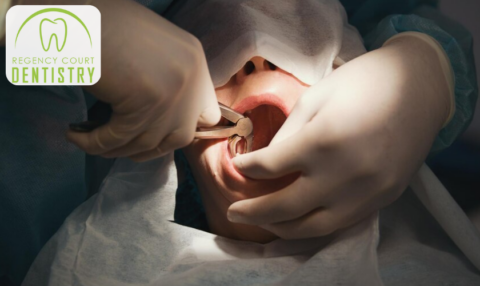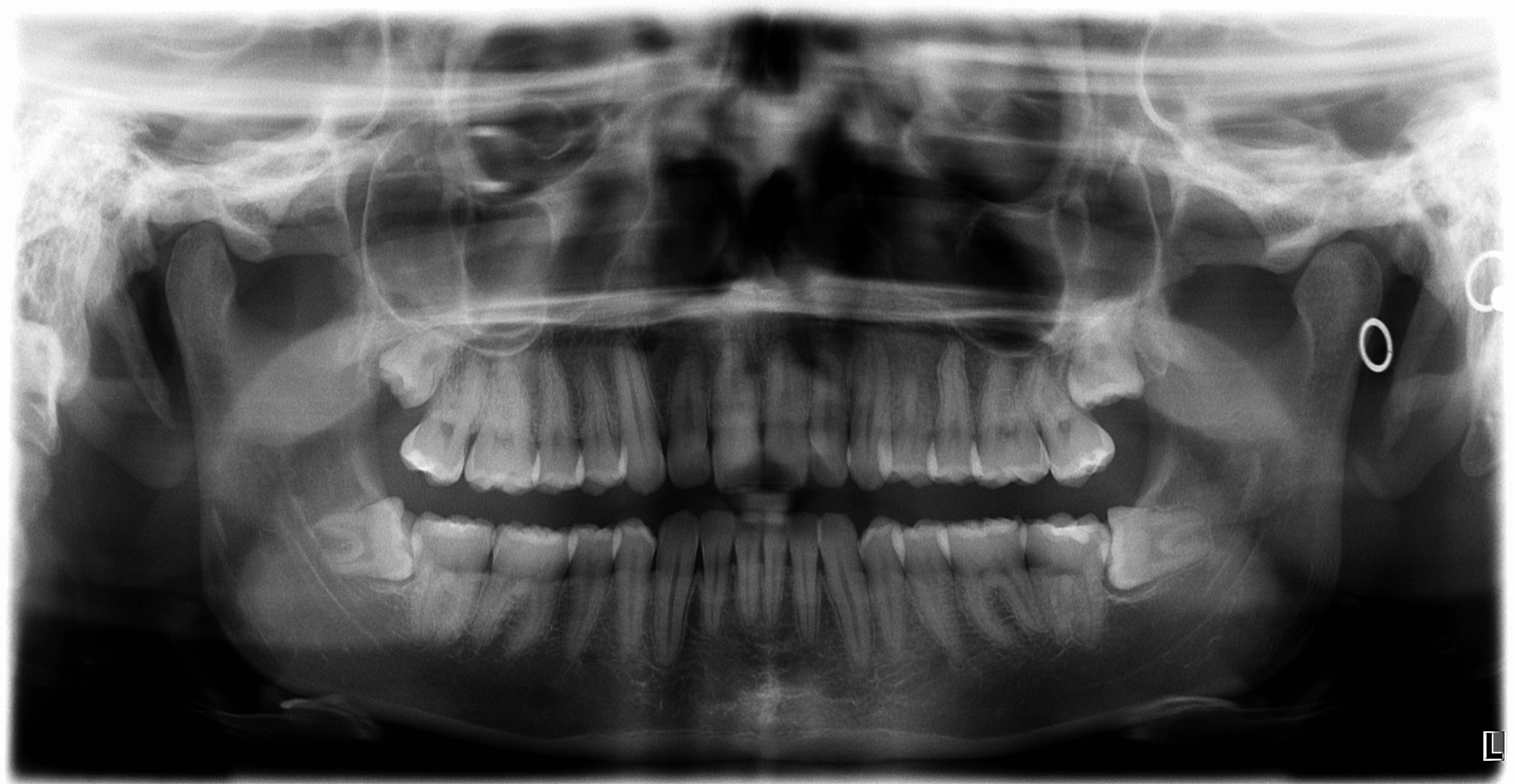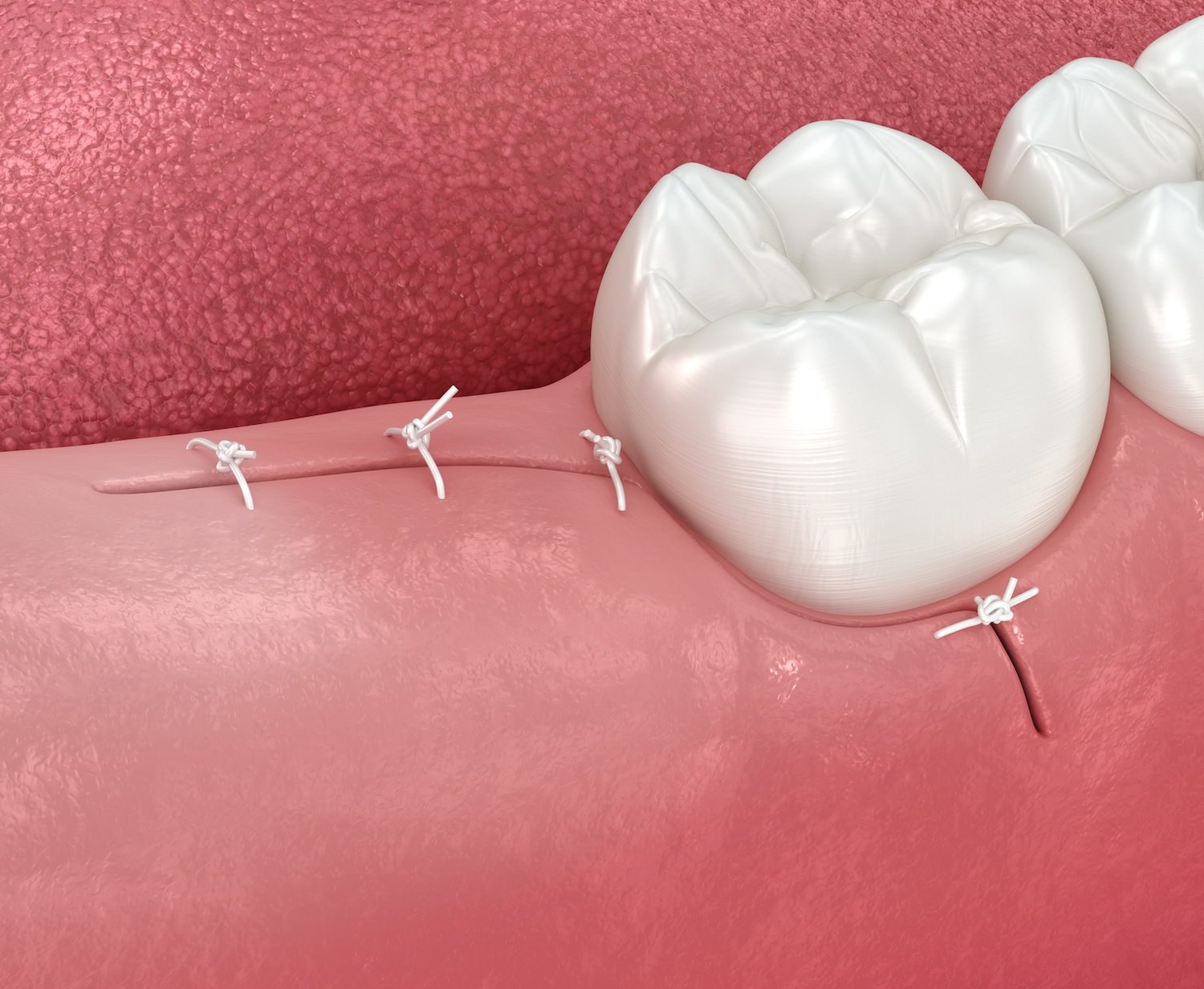Checking Out Various Sedation Options for a Comfortable Knowledge Teeth Extraction Experience
When encountered with the prospect of having knowledge teeth removed, making certain a comfy and pain-free experience is extremely important. The use of sedation throughout such treatments has actually become progressively common to minimize anxiety and pain. With an array of sedation choices available, from regional anesthesia to basic anesthesia, each method supplies varying levels of relaxation and pain control. Understanding the distinctions in between these alternatives and their suitability for private demands is critical in making sure a smooth and comfy knowledge teeth removal process. wisdom teeth removal aspendale.
Neighborhood Anesthesia
Neighborhood anesthetic is a frequently utilized method for numbing certain locations of the mouth during knowledge teeth removal treatments. By carrying out a regional anesthetic, such as lidocaine, a dental expert can guarantee that the individual remains pain-free and comfortable throughout the extraction process.
One of the key benefits of regional anesthesia is its targeted numbing effect, which means that only the particular location being treated is impacted. This local method lessens the danger of systemic side impacts and enables for a quicker healing post-procedure. Additionally, neighborhood anesthetic is taken into consideration to be a routine and secure method in dentistry, with minimal risks entailed when administered by a skilled specialist.
Nitrous Oxide
Nitrous oxide, generally recognized as giggling gas, is a form of sedation typically made use of in dentistry to assist clients kick back during oral procedures. This sedation choice permits the individual to remain aware and responsive throughout the procedure while feeling at convenience and comfy.
As soon as the mask is removed, the impacts of the gas wear off quickly, allowing people to resume their typical activities without remaining sedative impacts. Nitrous oxide is appropriate for people of all ages, making it a versatile sedation choice for knowledge teeth removals and various other oral treatments.
Dental Sedation
Oral sedation, a medicinal approach employed in dental care, involves the administration of sedative drugs by mouth to induce a loosened up state throughout dental treatments. This form of sedation is frequently utilized for individuals going through knowledge teeth extraction to minimize anxiousness and discomfort. The medications suggested for dental sedation come from a class of drugs called benzodiazepines, which have sedative, anxiolytic, and amnesic buildings. Commonly, the patient takes the prescribed drug before the treatment, allowing sufficient time for the sedative effects to take hold.
One of the primary benefits of dental sedation is its simplicity of administration. Unlike intravenous sedation, dental sedation does not need needles or shots, making it an extra comfortable choice for people with a concern of needles. Additionally, oral sedation is thought about effective and safe when administered by trained oral experts. Nonetheless, it is crucial for individuals to follow pre-operative guidelines offered by their dental practitioner, such as avoiding consuming alcohol or consuming before the treatment to make sure the sedative medicine functions as planned.
IV Sedation
Administered intravenously by skilled physician, IV sedation is an effective approach used to generate a controlled state of deep leisure and unconsciousness throughout dental treatments. Unlike dental sedation, sites which can be uncertain in its impacts, IV sedation allows for specific control over the level of sedation, making it a perfect option for intricate treatments like knowledge teeth extractions.
During IV sedation, a sedative drug is delivered directly right into the blood stream through a vein, permitting it to take effect promptly and efficiently. This approach ensures that the client continues to be comfortable and not aware of the treatment while still preserving crucial features such as breathing and heart rate.
One of the key advantages of IV sedation is its capacity to supply a deeper level of sedation contrasted to other approaches, making it particularly appropriate for individuals with high degrees of stress and anxiety or those undertaking extensive oral work (wisdom teeth removal aspendale). Additionally, the results of IV sedation commonly disappear gradually after the treatment, reducing the chance of grogginess or remaining negative effects. Overall, IV sedation uses a efficient and safe choice for guaranteeing a comfy and trouble-free experience during wisdom teeth removal

General Anesthesia
Having actually talked about the benefits of IV sedation for wisdom teeth extraction, the use of basic anesthesia gives a different choice for people calling for a deeper level of unconsciousness throughout oral procedures. General anesthetic causes a regulated state of unconsciousness, guaranteeing the individual feels no pain or pain during the removal procedure. This method is especially beneficial for individuals with serious dental anxiousness, facility surgical demands, or those going through multiple removals simultaneously.
General anesthetic is provided by a skilled anesthesiologist that closely keeps track of the client's important indications throughout the procedure. It includes using intravenous medicines or breathed in gases to cause a state of unfamiliarity. While under general anesthetic, the individual will not be conscious of the surgical procedure, experience any discomfort, or have any type of recollection of the procedure later.
Although basic anesthetic is risk-free when provided by certified specialists, it lugs a slightly greater threat contrasted to other sedation alternatives - wisdom teeth removal aspendale. People considering basic anesthetic for wisdom teeth removal need to discuss the possible dangers and advantages with their dental professional or dental surgeon to make an educated choice based on their the original source private needs and medical history

Conclusion
To conclude, various sedation options are available to ensure a comfortable knowledge teeth removal experience. Local anesthesia is commonly utilized for numbing the particular area, while laughing gas offers relaxation and pain relief. Oral sedation and IV sedation deal much deeper look here levels of leisure, relying on the person's needs. General anesthesia can be used for much more complicated instances. It is necessary to consult with your dental professional or oral doctor to establish one of the most appropriate sedation option for your treatment.
Nitrous oxide is suitable for individuals of all ages, making it a flexible sedation option for knowledge teeth extractions and other dental procedures.
